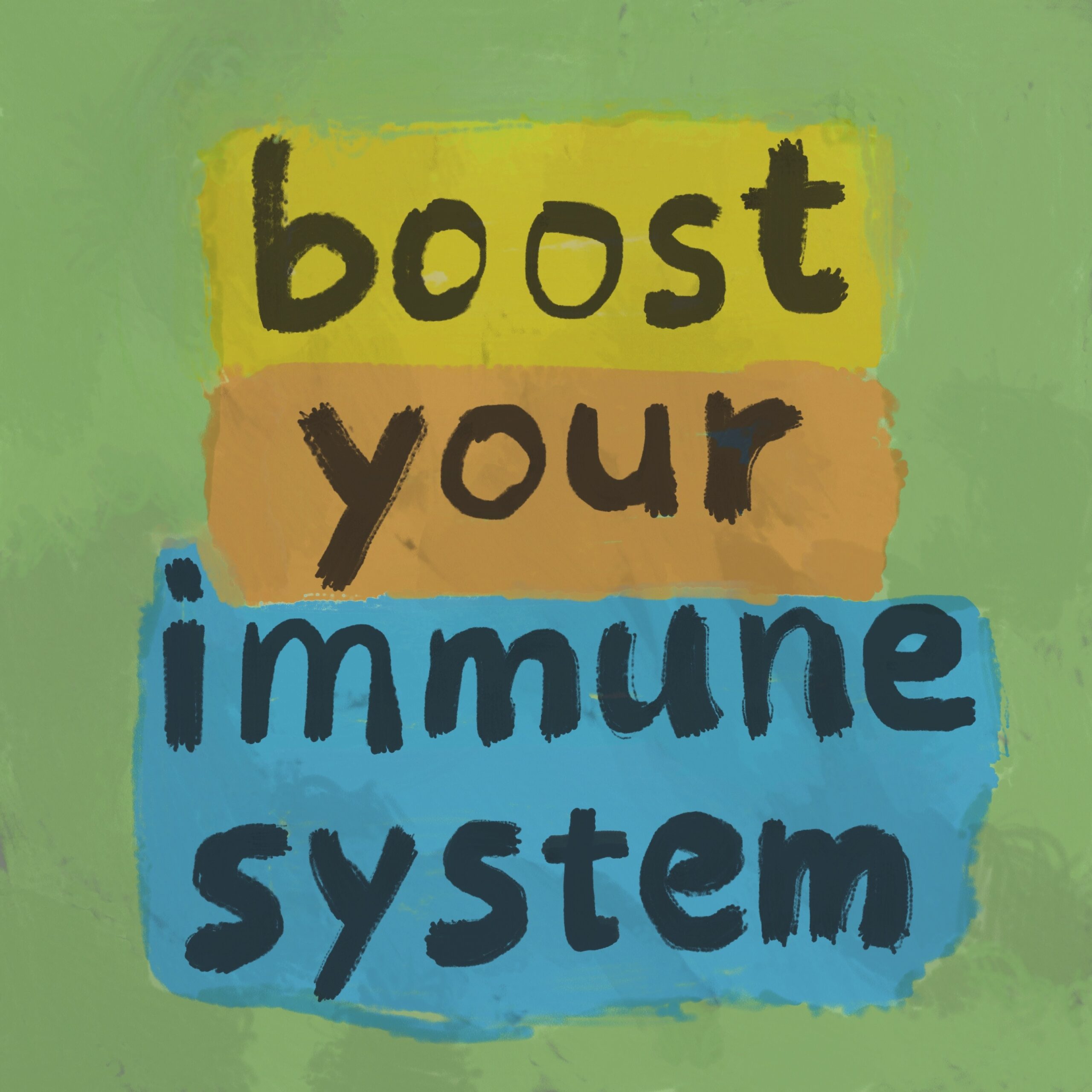Immunity Boosters for Allergies
August 17, 2017
 716
716 
If your sneezes and sniffles come with the seasons, now’s the time to prepare your body for spring and summer time allergies – using natural methods that support your immune system.
Do yourself a favor and set a goal of skipping your use of Zyrtec and other decongestants and antihistamines. These drugs can cause high blood pressure, insomnia, irritability and rebound congestion. Try my allergy fighters and you’ll feel much better.
But first and foremost, I recommend drinking 8-10 glasses of clean water daily. I know it sounds simple, but this step is your No. 1 defense against allergies! Water lowers the concentration of histamines in the cells. Have your first glass of room temperature water as soon as you get up in the morning.
Pollen Preparation Plan
Start taking these products four to six weeks before allergy season begins in your part of the country. Continue taking them right through the peak of pollen season.
I hope you’ll try my natural allergy fighters. With a little help, you can make it through the allergy season without drugging yourself every day.

A new study suggests that a widely used sugar substitute found in diet sodas, chewing gum, and low-sugar yogurt may elevate insulin levels. This could increase the long-term risk of heart disease. “Artificial sweeteners have infiltrated nearly all types of food, making it crucial to understand their long-term health effects,” said Yihai Cao, senior author […]

Diet Coke has long been a fan-favorite among soda lovers who want a fizzy, guilt-free alternative to traditional soft drinks. While its zero-calorie, zero-sugar label makes it seem like a healthier option, the reality is far more concerning. Despite its undeniable popularity, Diet Coke’s nutritional profile has raised red flags among health experts for years. […]

New study shows that embracing an anti-inflammatory, plant-forward diet can support cognitive function and help reduce the risk of dementia. What You Eat Shapes Your Brain The food you eat doesn’t just impact your body—it also affects your brain. Research suggests that eating an anti-inflammatory, plant-based diet can help improve memory, focus, and overall brain […]